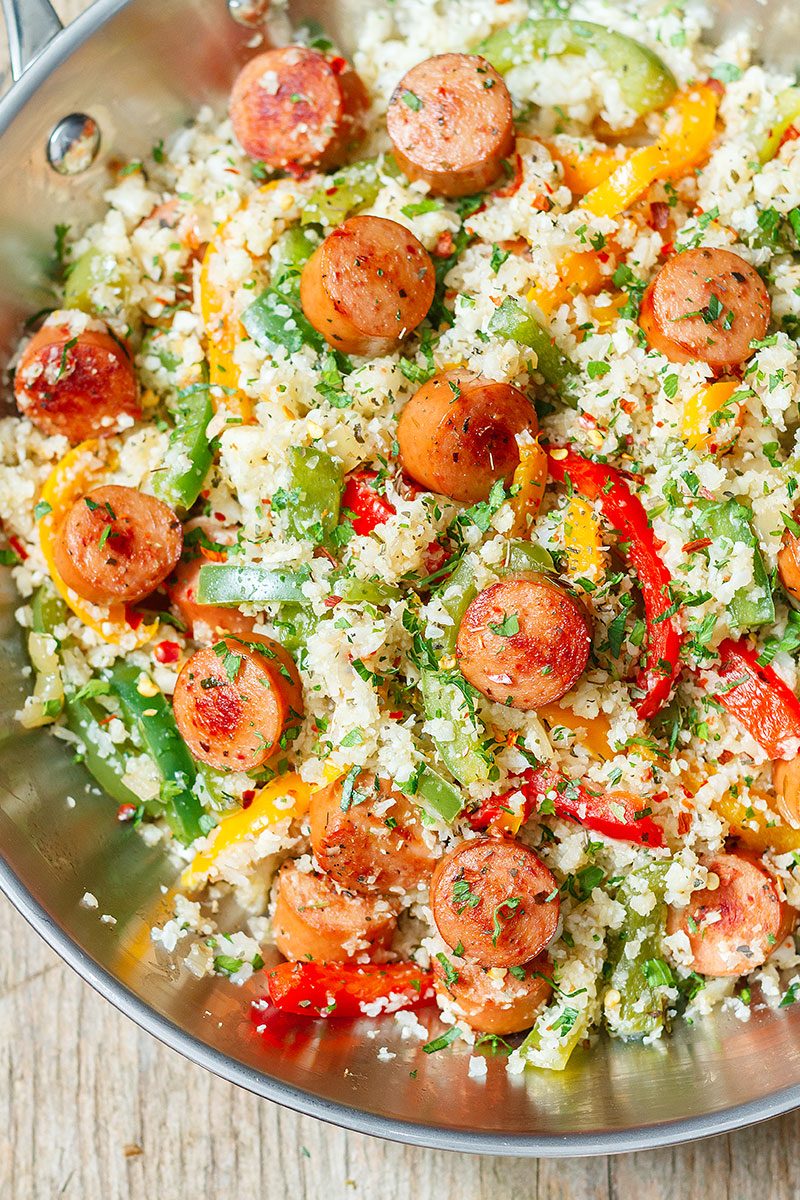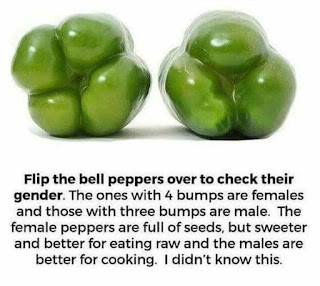Because type 2 diabetes is linked to high levels of sugar in the blood, it may seem logical to assume that eating too much sugar is the cause of the disease. But of course, it’s not that simple. “This has been around for years, this idea that eating too much sugar causes diabetes — but the truth is, type 2 diabetes is a multifactorial disease with many different types of causes,” says
Lynn Grieger, RDN, CDE, a nutrition coach in Prescott, Arizona, and a medical reviewer for Everyday Health. “Type 2 diabetes is really complex.”That said, some research does suggest that eating too many sweetened foods can affect
type 2 diabetes risk, and with the
Centers for Disease Control and Prevention (CDC) estimating that 30.3 million Americans have the disease — and that millions of more individuals are projected to develop it, too — understanding all the risk factors for the disease, including sugar consumption, is essential to help reverse the diabetes epidemic.
The Sugar and Type 2 Diabetes Story: Not So Sweet
After the suspicion that sugar was the cause of diabetes, the scientific community pointed its finger at carbohydrates. That makes sense, notes Grieger, explaining that simple and complex carbohydrates are both metabolized as sugar, leading
blood sugar levels to fluctuate.Yet carbs are processed differently in the body based on their type: While simple carbs are digested and metabolized quickly, complex carbs take longer to go through this system, resulting in more stable blood sugar. “It comes down to their chemical forms: A simple carbohydrate has a simpler chemical makeup, so it doesn’t take as much for it to be digested, whereas the complex ones take a little longer,” Grieger explains.Sources of complex carbohydrates include whole-wheat bread and brown rice, legumes like black beans, and quinoa. These foods contain fiber, vitamins, and minerals that are appropriate for any eating plan, regardless of whether you have
prediabetes, have diabetes, or are perfectly healthy. In fact, experts know
including complex carbs in your daily diet can help you maintain a healthy weight, among other health benefits.Examples of simple or refined carbohydrates, on the other hand, exist in various forms — from the sucrose in the table sugar you use to bake cookies, to the various kinds of added sugar in packaged snacks, fruit drinks, soda, and cereal. Simple carbohydrates are natural components of many fresh foods, too, such as the lactose in milk and the fructose in fruits, and therefore, a healthy, well-balanced diet will always contain these types of sugars.The problem with sugar, regardless of type, is the sheer amount of it that’s found in the Standard American Diet (SAD), which is the typical eating plan many people in the United States — as well as those in an increasing number of modernized countries — have developed a taste for. When consumed in excess, foods in this category can lead to
heart disease, stroke, and other serious health issues. “Often, foods with added sugar also contain fat,” explains Grieger, noting that these components go hand in hand when it comes to the risk for insulin resistance, the hallmark of type 2 diabetes.
Insulin Resistance and Sugar: What’s the Relationship?
Insulin is a hormone that — in people without diabetes — ferries glucose, or blood sugar, to cells for energy or to be stored for later use. In people with diabetes, cells are resistant to insulin; as a result of this insulin resistance, sugar accumulates in the blood. While eating sugar by itself does not cause insulin resistance, Grieger says, foods with sugar and fat can contribute to weight gain, thereby reducing insulin sensitivity in the body.Sources of processed or added sugar, including condiments, honey, and especially sugary drinks, are just a few of the potential culprits for weight gain, Grieger says, and it’s when they’re consumed in excess that they can contribute to diabetes risk. “The largest source of added sugar comes from sweetened beverages. They run the gamut of soda, sweetened tea, juices with added sugar, sports drinks — it’s a plethora. Just about everything we drink has added sugar in it, except for water,” she explains.The problem with sweetened drinks is that, due to their liquid form, they’re among the fastest simple carbs to be digested in the body, causing blood sugar levels to spike even more than a simple carb in solid-food form would. Research supports this idea: A
review published in November 2010 in the journal Diabetes Care suggested adding only one serving of a sweetened beverage to your diet may increase your risk for type 2 diabetes by 15 percent.
Diabetes and Added Sugars: Other Types to Watch For
One particular type of sugar that has attracted a lot of negative attention is
high-fructose corn syrup (HFCS) — and for good reason, as multiple studies suggest HFCS can influence diabetes risk.
Some research in people who are overweight and obese, for example, suggests regularly consuming drinks sweetened with either fructose, a byproduct of HFCS, or glucose can lead to weight gain, and drinks with fructose in particular may reduce insulin sensitivity and spike blood sugar levels.An
article published in November 2012 in the journal Global Public Health found that countries with more access to HFCS tended to have higher rates of the disease. Though it’s likely that these countries’ overall eating habits play a role in their populations’ diabetes risk, a
study published in February 2013 in the journal PLoS One found limiting access to HFCS in particular may help reduce rates of the diagnosis.Because it’s a relatively cheap ingredient, HFCS has become the most commonly used sweetener in processed foods, from granola bars to fruit drinks, and more. To help reduce your own consumption, pay attention to the details on your food’s nutrition label.
It's Not Just Sugar: Other Diabetes Risk Factors to Consider
Although this newfound knowledge on sugar, and specifically added sugar, may prompt you to ditch the soda, juice, and processed foods, be mindful of the other
factors that can similarly influence your risk for type 2 diabetes. Obesity, a family history of diabetes, a personal history of heart disease, and depression, for instance, are other predictors for the disease, according to
the NIH.People who exercise fewer than three times a week, and women who've been diagnosed with
gestational diabetes, or diabetes that develops while a woman is pregnant, also have an increased chance of being diagnosed with type 2 diabetes.Furthermore, certain
ethnic groups, including American Indians, African-Americans, Asian-Americans, and Hispanics, are more likely to get diabetes than white people — a phenomenon researchers have attributed to lifestyle factors and
genetics.
“I don’t think that anybody has put their finger on what the true cause of diabetes is, or that we’re going to find a single cause,” Grieger says. So if you’ve been diagnosed with prediabetes or have other risk factors for the disease, avoiding any one food group entirely — even sugar — won’t completely offset your risk. Rather, it’s important to prioritize proper nutrition, exercise regularly, and maintain a healthy weight — all steps the American Diabetes Association recommends for preventing type 2 diabetes.But if you’re struggling with weight loss, eating fewer foods with added sugar and fat can be a step in the right direction for improving your health and potentially reducing your diabetes risk. In fact, if you have been diagnosed with prediabetes, losing just 5 to 7 percent of your body weight can reduce your risk for type 2 diabetes, according to the CDC.
One Last Question: How Much Sugar Can People With Diabetes Have?
Grieger adds that there isn't a set recommendation for the amount of sugar people with diabetes should or should not consume, as sugar is a subgroup of carbs — and carbs are important to monitor on a daily basis because they can have a direct effect on blood sugar.But the 2015-2020 Dietary Guidelines recommend keeping added sugar below 10 percent of your overall daily caloric intake. And the American Heart Association suggests consuming no more than 9 teaspoons (tsp) — equal to 36 grams (g) or 150 calories — of added sugar if you're a man, and 6 tsp — equal to 25 g or 100 calories — if you're a woman. "Naturally occurring sugars don't count in these recommendations," notes Grieger, which means you should worry less about those sugars in fruits and veggies, for instance, than you should about those in processed fare.To help cut down on added sugar in your diet, keep it simple by avoiding packaged, processed foods, and opting instead for whole foods. “Try eating an apple instead of applesauce, an apple pastry, or apple juice,” Grieger suggests.Additional reporting by Melinda Carstensenhe Bottom Line: Does Sugar Cause Diabetes?
https://www.everydayhealth.com/type-2-diabetes/diet/can-eating-too-much-sugar-cause-diabetes/?slot=0&xid=nl_EHNLdiet_2018-08-06&utm_source=Newsletters&utm_medium=Diet%20and%20Nutrition&utm_campaign=2018-08-06&eh_uid=47603588































